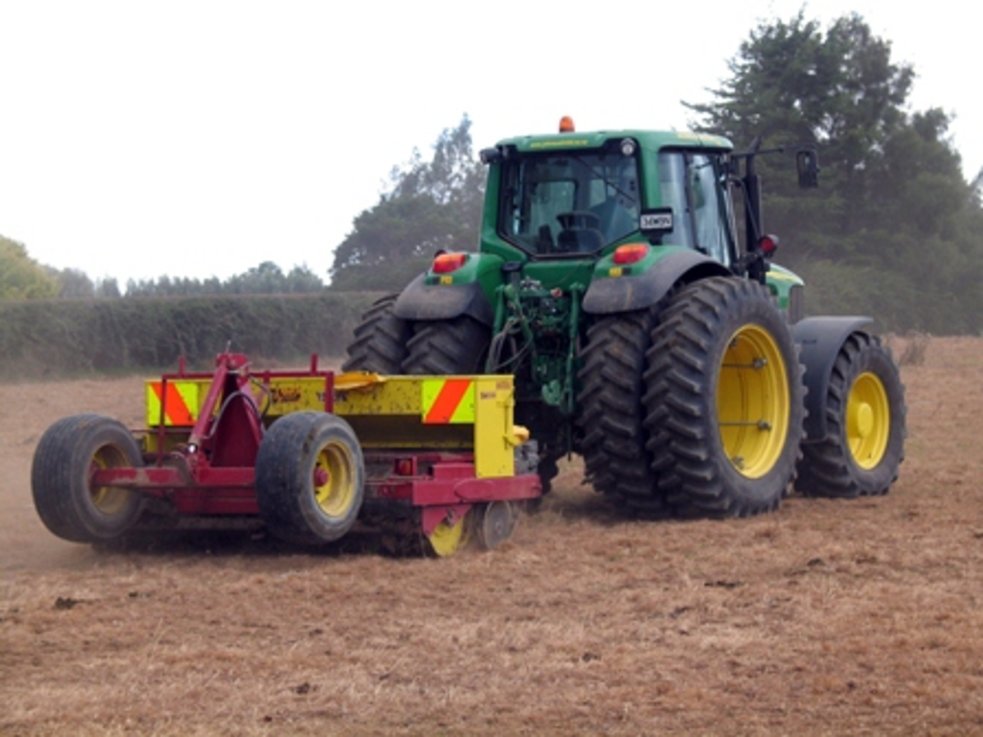No time for short-cuts
The basics of pasture renewal never change. This one process is a chain made up of 9 links, each of which is as important as the next.
A weak link will ruin the chain, and compromise the result, even if all the other links are strong.
By ‘compromise’, we mean poor pasture establishment, and sometimes, having to do it all again.
So our most important advice for spring is to allow enough time to make sure all the ‘links’ in the spring pasture renewal chain are as good as they can be.
That’s the surest way to get the best return from the time, money and land invested in new pasture.
This check list covers the steps in the renewal process, from start to finish. Scroll down for the lite version, or go to https://www.barenbrug.co.nz/dairy/pasture-management/pasture-renewal for more details.
- Identify poor paddocks.
- Rectify reasons for poor performance, e.g. pests, weeds, compaction.
- Soil test and correct soil fertility.
- Book the contractor early. Tell them know you want a quality job.
- Spray out paddock prior to cultivation/direct drilling, using herbicides that cover all weeds present - seek advice on this.
- If cultivating, prepare a good seed bed. Ryegrass and clover are small seeds, and need a good well consolidated seedbed.
- Choose correct cultivar – seek advice on this.
- Use treated seed to protect from insect and fungal damage.
- Choose correct sowing rate and technique.


